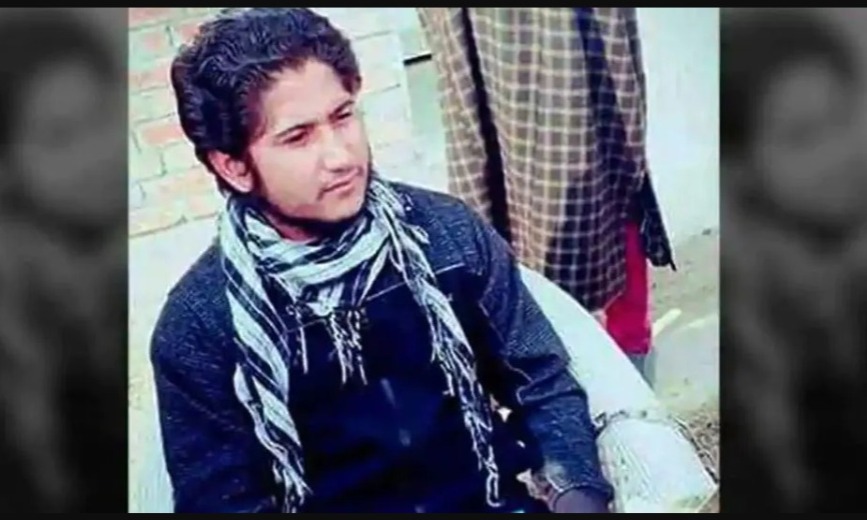
Central Administrative Tribunal, Srinagar, on Wednesday quashed the suspension order of the jail superintendent, a day before of his retirement date.
The then Superintendent Central Jail Srinagar, Hilal Ahmed Rather, was placed under suspension following the firing incident that took place in SMHS hospital, Srinagar, where LeT commander was brought for medical checkup, in February 2018.
The firing had resulted in the death of two policemen and also the escape of Lashkar-e-Taiba (LeT) commander Naveed Jatt.
Naveed Jat a prime suspect in the Journalist Shujaat Bukhari’s killing was killed in a military operation merely 8 months after his escape.
Dilbagh Singh, the then DG Police, had said capturing Jatt alive would have fetched police more information about the Shujaat Bukhari’s assassination.
Jatt’s escape left a trail of questions that still remain unanswered. SP Vaid had described it as “well-planned escape” that couldn’t have been possible without inside-jail coordination.
The incident prompted authorities to take several stern measures including shifting of inmates to jails situated outside the valley.
Jail Inmates- facing the heat of post-escape measures- had told visiting team of High Court Bar Association that they have played no role and cannot be held guilty for “security lapse.”
Later, the Government of India while taking serious note of the incident, advised JK govt to review the security measures that are in place in prisons.
DG prisons SK Mishra was replaced by Dilbagh Singh and Superintendent was suspended and remained in suspension up to the date of his superannuation.
However, the department did not serve the superintendent with a charge sheet even after the lapse of 4 years.
Central Administrative Tribunal, in it’s order, called it “a matter of concern” and said: “Obviously, no employee can be continued under suspension for such an elongated period. Although suspension is not a punishment per se, yet it has very strong stigmatic social connotations. ”
“We all live in a society where the dignity and honour of an individual is of utmost importance. An order of suspension is issued only if the charges against the delinquent employee are of grave nature. That being so, there was no plausible reason for the respondents not to frame a charge sheet even after a lapse of 4 years.” the order reads.
Taking note of the stress and the temporary deprivation of full wages that the superintendent has been put to, CAT observes: “Such an action on part of authorities indicates a total lack of seriousness in dealing with the matter.”
The Tribunal, in it’s order, observes the person who is not guilty can not be made to suffer for such a long period.
“A person holding a public office, if he has done any action of a misdemeanour should be taken up and punished for the same if he is found guilty. If not, then a person who is not guilty cannot be made to suffer for such a long period. Such apathy on the part of the respondents cannot be accepted.”
The superintendent’s counsel Jahangir Ganai, Sr Advocate, relied on the Apex Court judgment, wherein it has been held: “The currency of a Suspension Order should not extend beyond three months if within this period the Memorandum of Charges/Chargesheet is not served on the delinquent officer/employee…”
The Tribunal gave a finding that the case of the superintendent is squarely covered by this Supreme Court judgment and quashed the order of suspension. The Tribunal further held the superintendent entitled to consequential dues strictly as per rules.




